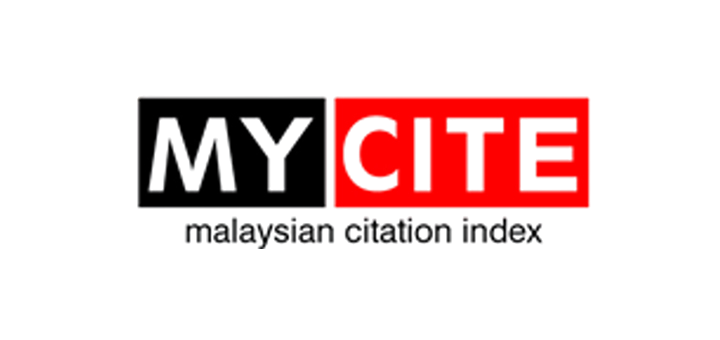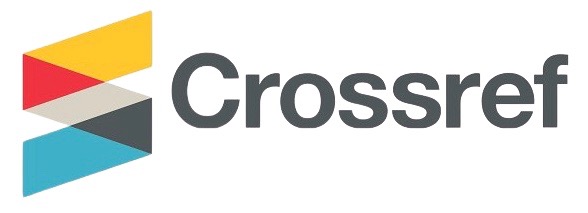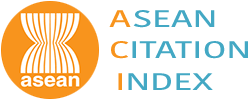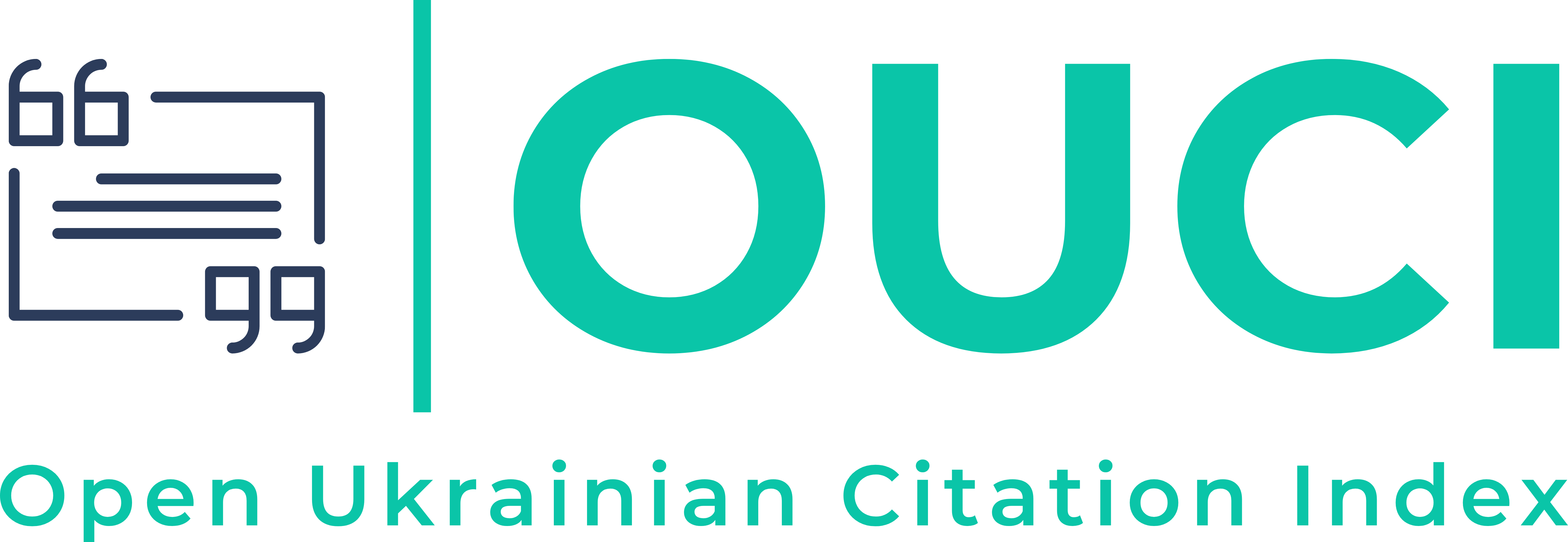Navigating IR 4.0 Education: School Leaders as Catalysts for Effective Physical Management in Malaysia Education
Abstract
The advancement of IR 4.0 education requires school leaders to serve as catalysts in managing physical infrastructure effectively while integrating advanced technologies. This study investigates the pivotal role of Malaysian school leaders in aligning physical management practices with the demands of IR 4.0 education. Grounded in Transformational Leadership Theory and the Technological Pedagogical Content Knowledge (TPACK) model, the study identifies key challenges such as the absence of a maintenance culture, limited comprehension of IR 4.0 and Digital Society 5.0, and insufficient external support for school infrastructure. The findings emphasize the significance of strengthening leadership practices, enhancing professional development, and fostering collaboration with the community. By adopting strategic approaches to optimize resources and infrastructure, this study provides actionable insights for school leaders to harmonize physical management with the objectives of IR 4.0 education, ensuring a sustainable, competitive, and resilient education system in Malaysia.
Downloads
References
Abdullah, A., & Ainon, J. (2021). Transformational Leadership in Digital Transformation of Schools. Kuala Lumpur: Educational Press.
Ahmad, M. (2021). Management of facilities and infrastructure in schools. Akademika, 10(1),93-104. https://doi.org/10.34005/akademika.v10i01.1348
Akram, A., Daud, M. Z., Farzana, R., Md Joha, M. G., & Khan, R. (2016). Structuring quality education by proposing physical infrastructure of a medical school. Education in Medicine Journal, 8(3), 75–87. http://dx.doi.org/10.5959/eimj.v8i3.449
Aminuddin Baki Institute (IAB). (2020). Leadership competency standards. Bandar Enstek, Negeri Sembilan: Ministry of Education Malaysia.
Azlin Norhaini Mansor, & Roselan Baki. (2015). Amalan pengurusan pengetua. Kuala Lumpur: Penerbit Dewan Bahasa dan Pustaka. Kuala Lumpur.
Banks, G. C., McCauley, K. D., Gardner, W. L., & Guler, C. E. (2016). A meta-analytic review of authentic and transformational leadership: A test for redundancy. The Leadership Quarterly, 27(4), 634–652. https://doi.org/10.1016/j.leaqua.2016.02.006
Bass, B. M., & Riggio, R. E. (2006). Transformational leadership. Psychology press.
Breevaart, K., & Bakker, A. B. (2018). Daily job demands and employee work engagement: The role of daily transformational leadership behavior. Journal of Occupational Health Psychology, 23(3), 338–349. https://doi.org/10.1037/ocp0000082
Calp, M. H., & Bütüner, R. (2022). Society 5.0: Effective technology for a smart society. In M. A. Khan (Ed.), Intelligent data-centric systems (pp. 159–180). Academic Press.
Calp, Ş., & Bütüner, S. Ö. (2022). Supporting teachers in digital transformation: The role of leadership. Educational Technology & Society, 25(2), 54–65. Retrieved from https://www.j-ets.net/ETS/journals/25_2/5.pdf
Chai, C. S., Koh, J. H. L., & Tsai, C. C. (2013). A review of technological pedagogical content knowledge. Journal of Educational Technology & Society, 16(2), 31-51.
Chang, I. H. (2012). The effect of principals' technological leadership on teachers' technological literacy and teaching effectiveness in Taiwanese elementary schools. Educational Technology & Society, 15(2), 328–340.
Economic Planning Unit. (2021). National Digital Network Plan (JENDELA). Retrieved from https://www.ekonomi.gov.my/sites/default/files/2021-07/4IR_Presentation.pdf
Eden, C. A., Chisom, O. N., & Adeniyi, I. S. (2024). Parent and community involvement in education: strengthening partnerships for social improvement. International Journal of Applied Research in Social Sciences, 6(3), 372-382. https://doi.org/10.51594/ijarss.v6i3.894
Fazzlijan, M. A. K. (2020). Amalan kepimpinan digital pengetua guru besar terhadap efikasi kendiri dan efikasi kolektif guru. Jurnal Pengurusan Dan Kepimpinan Pendidikan, 33(1). http://eprints.iab.edu.my
Halim, M. A. (2021). Kepentingan pengurusan pengetahuan dalam organisasi. USIM. Retrieved December 8, 2024, from https://www.usim.edu.my/news/in-our-words/kepentingan-pengurusan-pengetahuan-dalam-organisasi/
Husin, M. R., Sufizi, N. A. N., Nasarudin, N. F. N., Yuslam, A. U., Zainal, S. A., Aspanizam, A. A., & Aini, M. H. M. (2020). Faktor Utama Vandalisme dalam Kalangan Pelajar di Sekolah. Journal of Humanities and Social Sciences, 2(2), 52-61. DOI: https://doi.org/10.36079/lamintang.jhass-0202.119
Ibrahim, C. M. K. (2023). The Relationship between Transformational Leadership, Educators’ Confidence in their Heads of Schools and Educators’ Dedication at Work in Secondary Schools of Mauritius. Environment and Social Psychology, 7(2). https://doi.org/10.18063/esp.v7.i2.1586
Institute of Strategic and International Studies (ISIS). (2023). New digital education policy must be inclusive. Retrieved December 10, 2024, from https://www.isis.org.my/2023/10/12/new-digital-education-policy-must-be-inclusive/
Iskakov, A. (2024). Lack of technical equipment in Kazakhstani schools and its impact on academic performance. Eurasian Science Review: An International Peer-Reviewed Multidisciplinary Journal, 2(2), 150–154. https://doi.org/10.63034/esr-41
Jeti, L., Mayasari, I., & Lamadi, L. (2022). Program edu parenting dalam mewujudkan keterlibatan keluarga dalam penyelenggaraan pendidikan. J-abdi: Jurnal Pengabdian kepada Masyarakat, 2(3), 4475-4484. https://doi.org/10.53625/jabdi.v2i3.2996
Jouflin, S., & Yasin, M. H. B. M. (2022). Persekitaran Fizikal Pembelajaran dan Indeks Keselesaan Guru Program Pendidikan Khas Integrasi Daerah Kota Kinabalu. Malaysian Journal of Social Sciences and Humanities (MJSSH), 7(1), 59-72. https://doi.org/10.47405/mjssh.v7i1.1236
Kin, T. M., & Kareem, O. A. (2019). School leaders’ Competencies that make a difference in the Era of Education 4.0: A Conceptual Framework. International Journal of Academic Research in Business and Social Sciences, 9(5), 214-225. http://dx.doi.org/10.6007/IJARBSS/v9-i4/5836
Kin, T. M., Kareem, O. A., Musa, K., Ghouri, A. M., & Khan, N. R. (2020). Leading sustainable schools in the era of Education 4.0: Identifying school leadership competencies in Malaysian secondary schools. International Journal of Management in Education, 14(6), 580-610. https://doi.org/10.1504/IJMIE.2020.110690
Koehler, M. J., & Mishra, P. (2008). Introducing TPCK. In AACTE Committee on Innovation and Technology (Ed.), The handbook of technological pedagogical content knowledge (TPCK) for educators (pp. 3–29). Lawrence Erlbaum Associates.
Lee, A., Martin, R., Thomas, G., Guillaume, Y., & Maio, G. R. (2015). Conceptualizing leadership perceptions as attitudes: Using attitude theory to further understand the leadership process. The Leadership Quarterly, 26(6), 910-934. https://doi.org/10.1016/j.leaqua.2015.10.003
Mat Said, A. R., Omar, M. C., Omar, N., & Ghazali, M. A. (2023). Meningkatkan pembangunan profesional dan kompetensi guru Kementerian Pendidikan Malaysia: Satu analisis kritis. Global Journal of Educational Research and Management, 3(1), 63–71.
McCarthy, A. M., Maor, D., McConney, A., & Cavanaugh, C. (2023). Digital transformation in education: Critical components for leaders of system change. Social sciences & humanities open, 8(1), 100479. https://doi.org/10.1016/j.ssaho.2023.100479
Ministry of Education Malaysia (MOE). (2019). Pelan Transformasi ICT Kementerian Pendidikan Malaysia 2019-2023. Putrajaya. Malaysia: Ministry of Education Malaysia.
Ministry of Education Malaysia (MOE). (2023). Digital education policy. Putrajaya, Malaysia: Ministry of Education Malaysia.
Northouse, P. G. (2021). Leadership: Theory and practice (9th ed.). SAGE Publications.
Ong, H. H., & Hamid, A. H. A. (2023). Kepimpinan Teknologi Guru Besar dan Hubungannya dengan Kompetensi Pengetahuan Teknologi Pedagogi Kandungan Guru SJKC. Malaysian Journal of Social Sciences and Humanities (MJSSH), 8(1), e002075-e002075. https://doi.org/10.47405/mjssh.v8i1.2075
Prestiadi, D., Gunawan, I., & Sumarsono, R. B. (2020, December). Role of transformational leadership in education 4.0. In 6th International conference on education and technology (ICET 2020) (pp. 120-124). Atlantis Press. https://doi.org/10.2991/assehr.k.201204.020
Richardson, J. W., Watts, J. L. D., & Sterrett, W. L. (2021). Challenges of being a digitally savvy principal. Journal of Educational Administration, 59(3), 318-334. https://doi.org/10.1108/JEA-10-2020-0215
Rumeli, M. S., & Md Rami, A. A. (2023). Meneroka kesediaan dan persepsi pemimpin pendidikan terhadap Revolusi Industri 4.0. International Journal of Education and Training (InjET), 9(1), 1–9.
Saiful Azlan, O., Mohd Burhan, I., Mohammad Johdi, S., & Suzana Suhailawaty, M. S. (2024). School Leaders’ Leadership Practices and Their Influence on Crisis-Related Problem-Solving and Decision-Making: A Multi-Site Case Study. IIUM Journal of Educational Studies, 12(1), 50–73. https://doi.org/10.31436/ijes.v12i1.515
Tondeur, J., Scherer, R., Siddiq, F., & Baran, E. (2020). Enhancing pre-service teachers’ technological pedagogical content knowledge (TPACK): A mixed-method study. Educational Technology Research and Development, 68(1), 319–343. https://doi.org/10.1007/s11423-019-09692-1
Zhao, Y., Pugh, K., Sheldon, S., & Byers, J. L. (2002). Conditions for classroom technology innovations. Teachers college record, 104(3), 482-515. https://doi.org/10.1111/1467-9620.00170

















